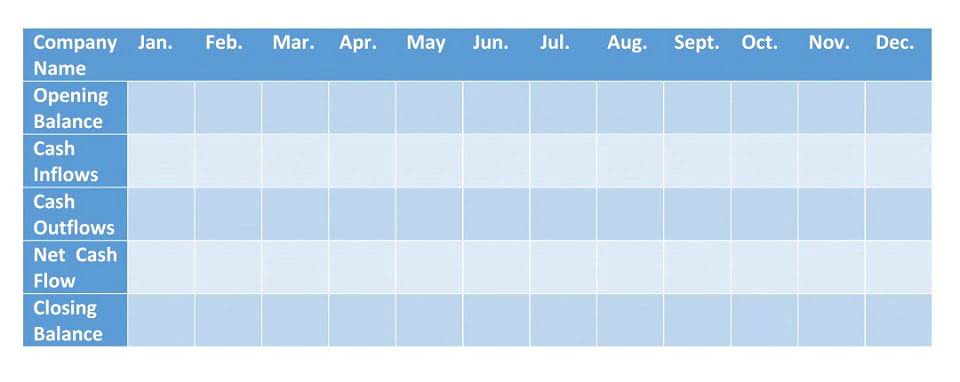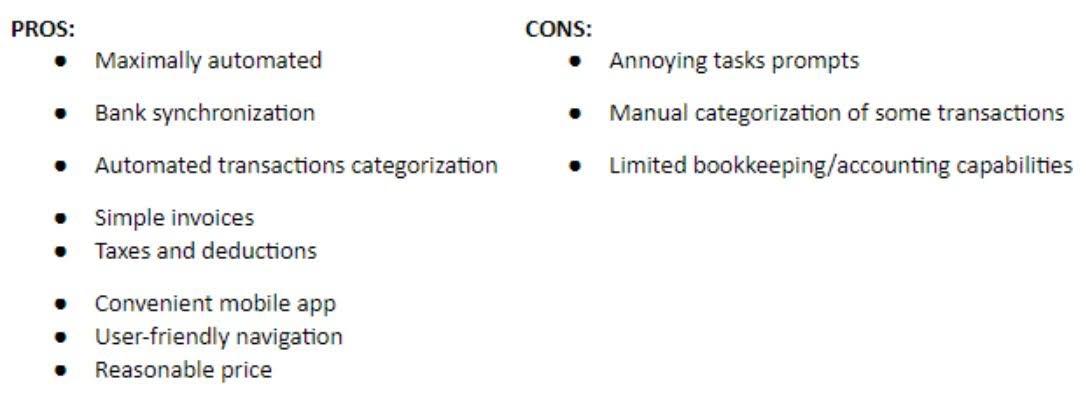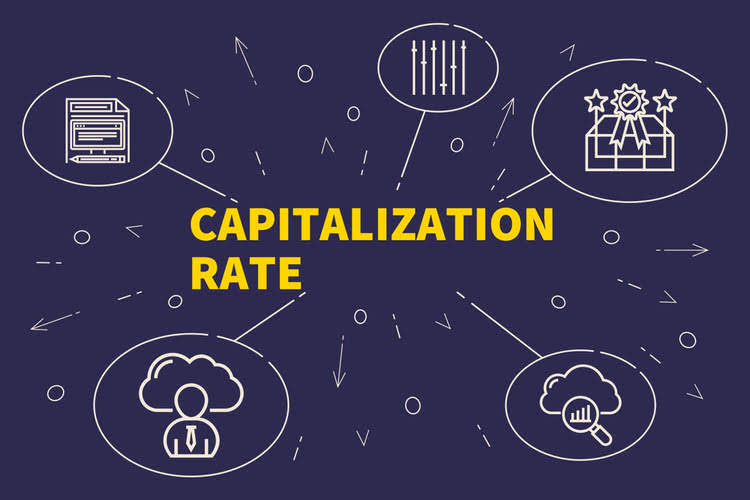What is Managerial Accounting? Definition, Functions, Examples

Managerial accountants communicate financial information and insights to managers clearly and concisely. They prepare reports, dashboards, and presentations highlighting key findings, trends, and recommendations, enabling effective decision-making at different organizational levels. Managerial accounting is a dynamic tool that empowers you to navigate the complexities of modern managerial accounting business management effectively. Its valuable financial insights and decision-making abilities help act as the backbone of successful organizations across industries. Let’s explore the key differences between managerial accounting and financial accounting. While management accounting relies on historical data and forecasts, it cannot predict future events with certainty.
Controllers

Pratiiek Mavani is a seasoned professional in accountancy, taxation, audit, and finance, boasting over 16 years of industry expertise. He specializes in conducting audits for diverse entities including banks, optimizing their core processes through cost management and budgeting. With a focus on income tax and https://www.bookstime.com/articles/credit-memo GST, he has represented various clients in cases and appeals concerning direct and indirect taxes across different levels. Managerial accountants are not required to follow Generally Accepted Accounting Principles (GAAP) since they focus on internal decision-making rather than external financial reporting.

Understanding Managerial Accounting: Types, Techniques & Importance

While cash flow involves all the cash inflow and outflow of a company, funds flow includes only the net cash within an organization that can be used as working capital. Financial accounting, on the other hand, only aims to present information about the historical financial data of a company. It aims at presenting external stakeholders with information about the financial health of the company. The main difference between managerial accounting and financial accounting is the users of the information generated. Owners of businesses invest capital in businesses and need accurate information to be able to access their level of profit or loss from their business operations.
Overemphasis on Financial Metrics
It may include budget vs. actual comparisons and Key Performance Indicators (KPIs). KPIs are specific metrics to measure performance in critical areas of the business. You can review and analyze financial information to identify areas for improvement and optimize business processes. The ongoing analysis ensures that data-driven decisions align with your organization’s strategic goals. An essential role of management accounting is to evaluate the performance of different aspects of the business. Comparing actual results to budgets and forecasts allows you to identify areas of improvement and take corrective actions to enhance organizational performance.
- Managerial accounting involves assigning costs to products, services, or activities using different costing methods, such as job costing, process costing, or activity-based costing.
- Even a lower-level position in management can be a stepping stone to your dream role, from senior accountant all the way up to CFO.
- This includes customer satisfaction, employee productivity, quality control, and environmental sustainability metrics.
- It helps to prevent a company from running out of working capital to keep the business running.
- Companies typically don’t hold past due AR because it can affect their bottom line and is a credit risk.
- Through this technique, managerial accountants ensure that the company’s true capital is determined, preserved, and maintained.
Optimize business spends efficiently
Investors and creditors often use financial statements to create forecasts of their own. Financial accounting involves recording, summarizing, and reporting transactions resulting from business operations over a time period. The model in Figure 6.1 sums up the three primary responsibilities of management and the managerial accountant’s role in the process.
Inventory turnover analysis
Companies are always looking for a competitive advantage, so they may examine a multitude of details that could seem pedantic or confusing to outside parties. It links various subjects like accounts, finance, statistics, economics, management studies, etc. In addition, representation of data and report generation also needs skills that are more than simple accounting skills. With the use of historical data, the trends and patterns are tracked and predicted to ascertain probable outcomes in the future.
Importance of managerial accounting in business management
How will she know if her suggestions for pricing are creating more shipping contracts and helping to meet the company’s goal? A costing method, where variable costs are central to understanding a business’s profit picture, is marginal costing. This technique helps managers make decisions related to pricing, production levels, and product mix by focusing on the contribution margin. A financial analyst’s main duty is to examine data to determine outcomes and opportunities for business investments and decisions.
Budgeting, trend analysis, and forecasting

